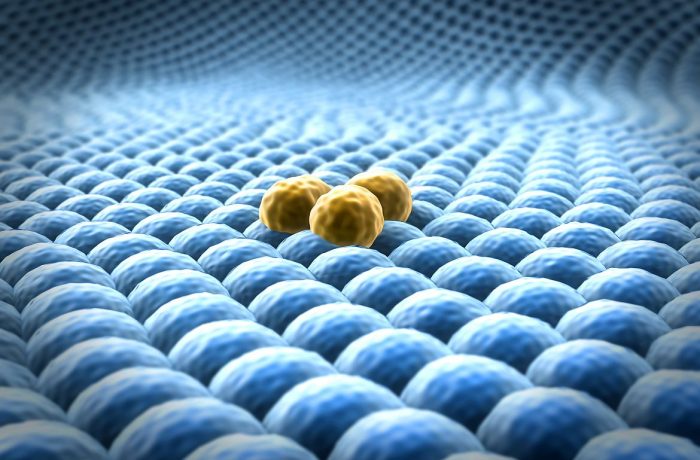Malign tumours are the second leading cause of death, exceeded only by cardiovascular disease. Tumours arise from genetic or epigenetic alterations of genes that either promote or suppress cancer. Oftentimes it is the nature of these genetic alterations, which determines the response of a tumour to anti-cancer drugs. The VIVIT uses a number of different study groups of cancer patients to characterise the genetic traits of different cancers in order to profile the diseases genetically and to investigate the influence of the different alterations on the course of the illness.
For instance, studies conducted so far determined the role of inherited genetic alterations in the progression and treatment susceptibility of breast and colon cancer. A currently ongoing EU-funded project is aimed at using blood plasma samples of cancer patients to pick up evidence of somatic, cancer causing mutations of solid tumours. This method of detecting tumour specific mutations, also in the blood of patients, is crucial in that it informs treatment decisions and enables monitoring of disease progression. It is projected to play a formative role in the sort of cancer care of the future and involves highly innovative technologies such as Next Generation Sequencing or digital PCR which are available at the VIVIT.
Related Publications
Circulating glypican-4 is a predictor of 24-month overall survival in metastatic breast cancer.

